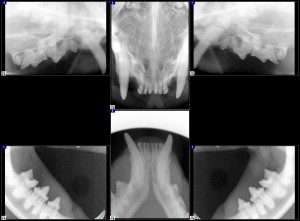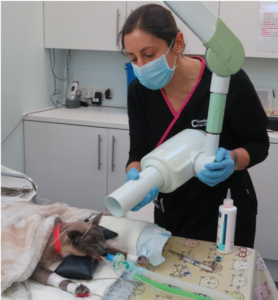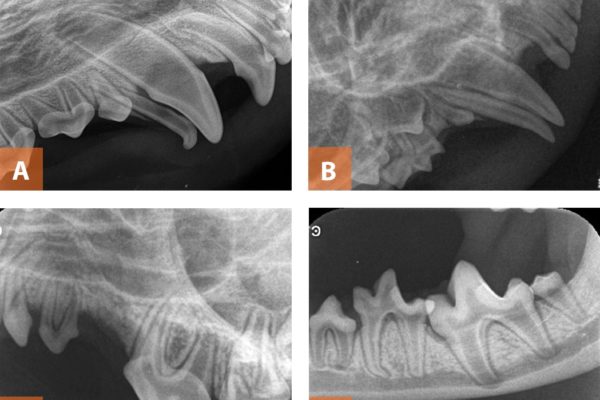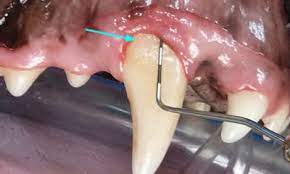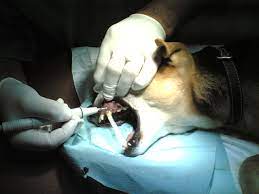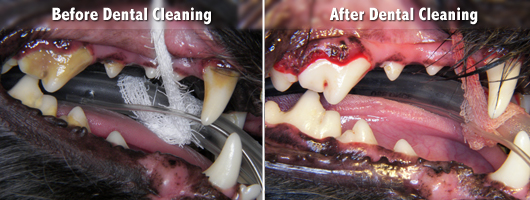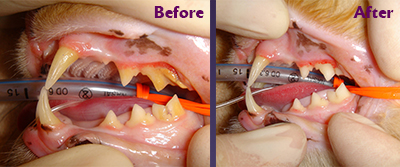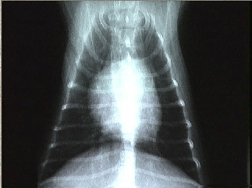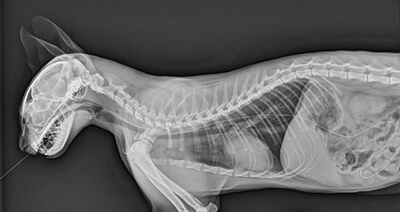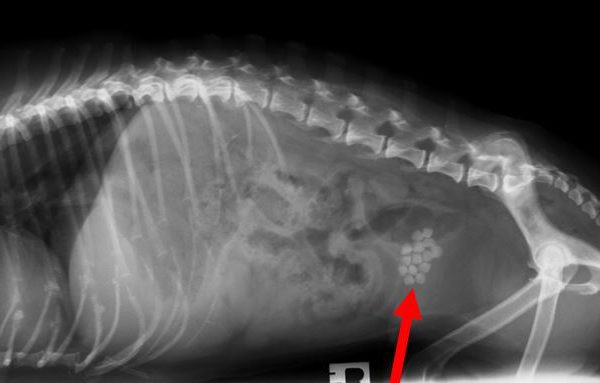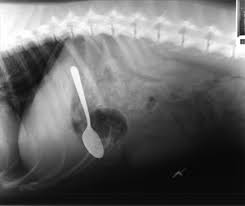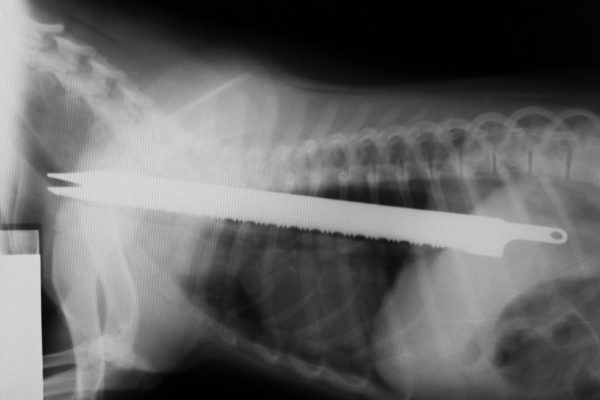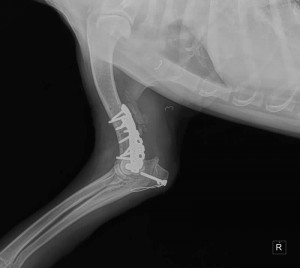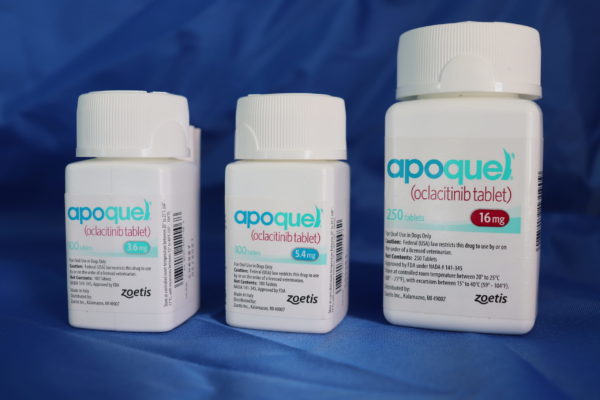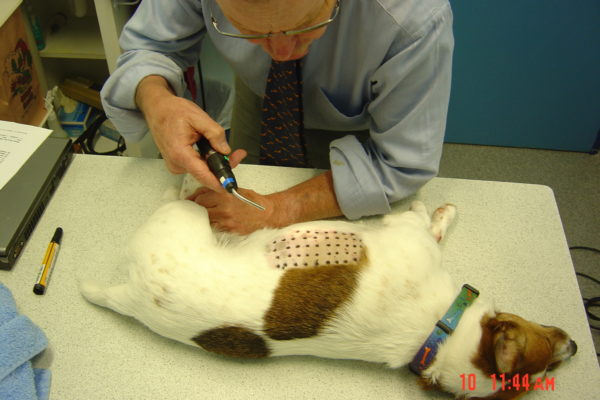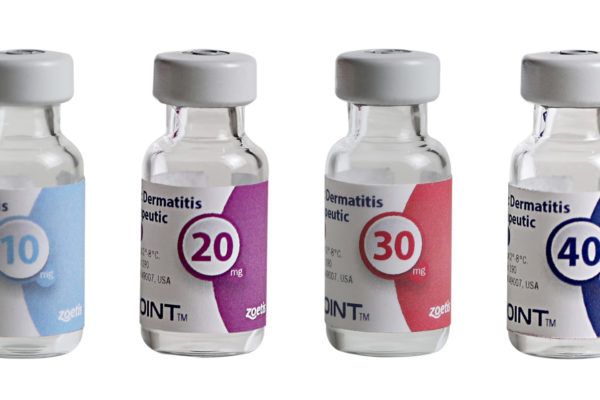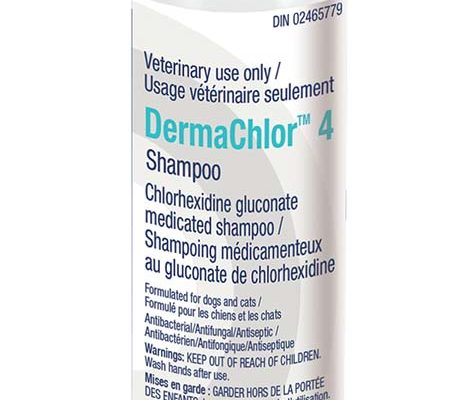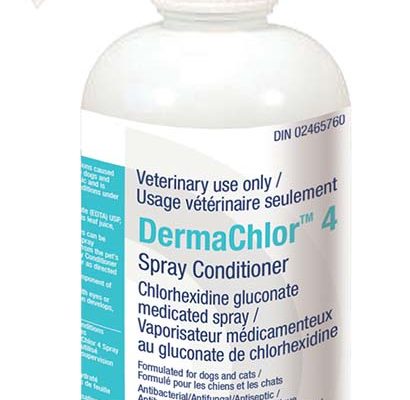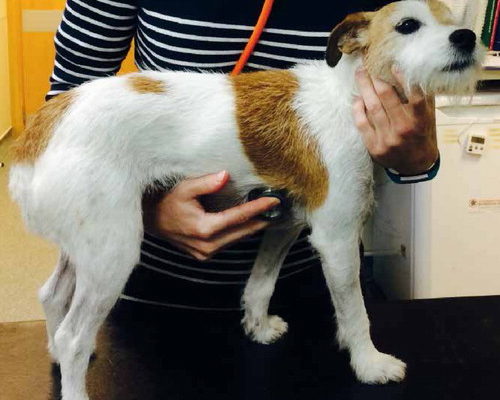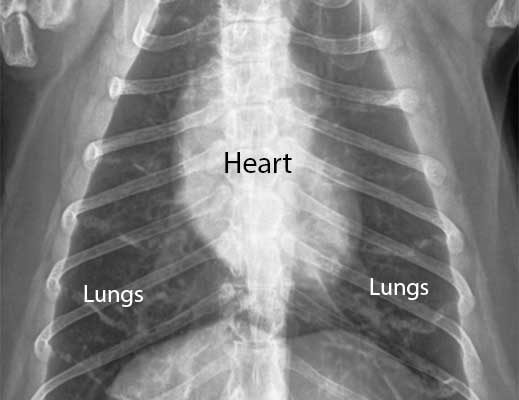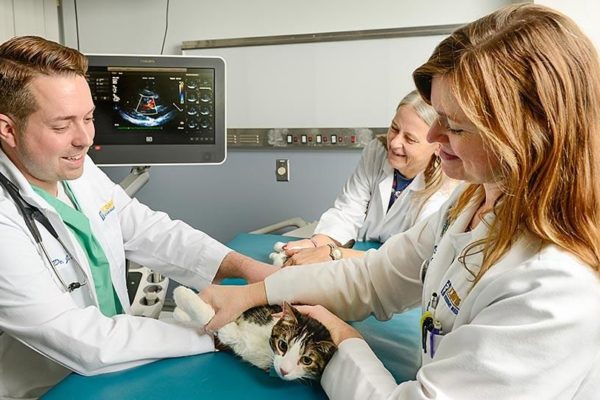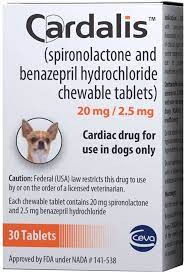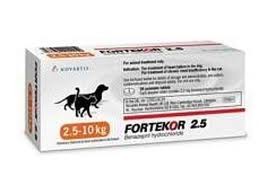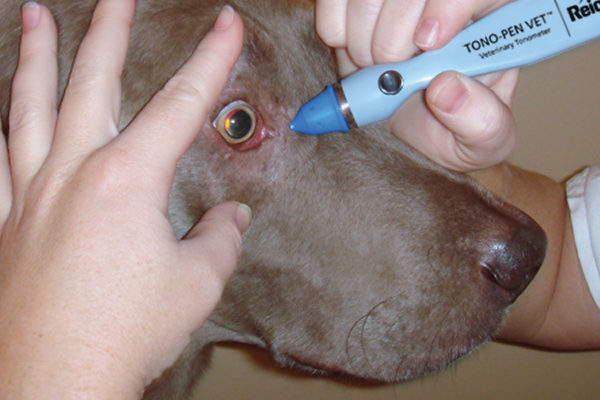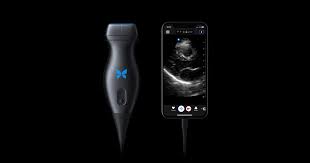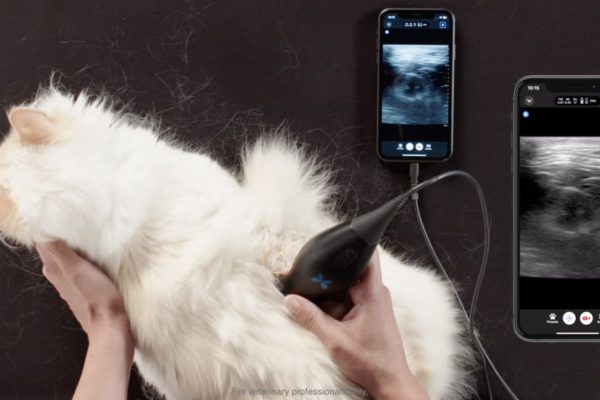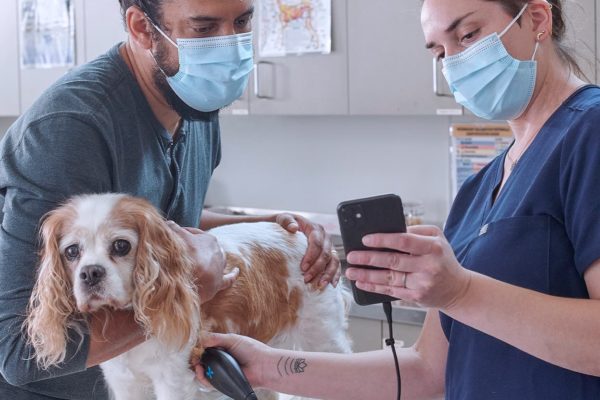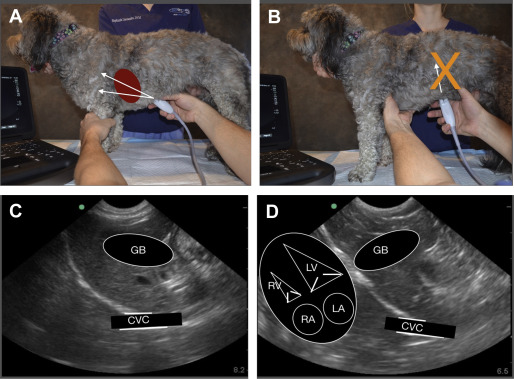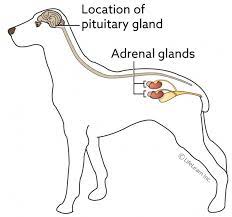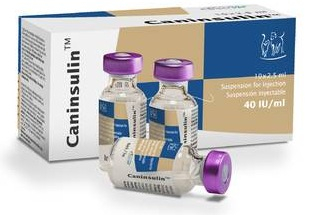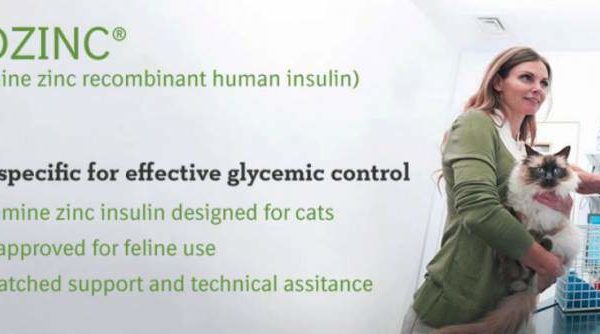
Imagine what your mouth would feel like if you never brushed your teeth or went to the dentist. For many dogs and cats, this is a painful reality. According to the American Veterinary Dental Society, more than 80% of dogs and 70% of cats have dental disease by the age of 3. Dental (or periodontal) disease is the most frequently diagnosed health problem in pets.
Common signs of dental disease include:
- Yellow or brown buildup (tartar) on the teeth
- Red, swollen, or bleeding gums
- Bad breath
- Excessive drooling
- Changes in eating or chewing habits
- Pawing at the face
- Loose teeth
- Depression/toothache/headache
Even if your dog or cat doesn’t have these symptoms, here at Byron Animal Clinic recommend that you have a veterinarian evaluate your pet’s dental health at least once a year. Bacteria and food debris accumulate around the teeth and, if left unchecked, will lead to deterioration of the soft tissue and bone surrounding the teeth. This decay can result in irreversible periodontal disease, tooth loss, and possibly expensive oral surgery.
Dental disease can also affect other organs in the body: Bacteria in the mouth can get into the bloodstream and cause serious infections in the kidneys, liver, lungs, and heart. If these problems aren’t caught and treated quickly enough, they can result in death. A physical exam combined with appropriate laboratory work can determine if infection in the mouth has spread. Dental x-rays can assess the health of the tooth roots, under the gum-line, giving us an opportunity to catch subtle lesions much earlier in the process. Finally, a dental scaling under a general anesthetic is the best way for us to keep teeth and gums healthy in the long run.
Schedule your pet’s dental exam today! We can also show you how to brush your pet’s teeth and recommend foods and treats that will help combat plaque and tartar buildup. Just call (519) 472-3770.

